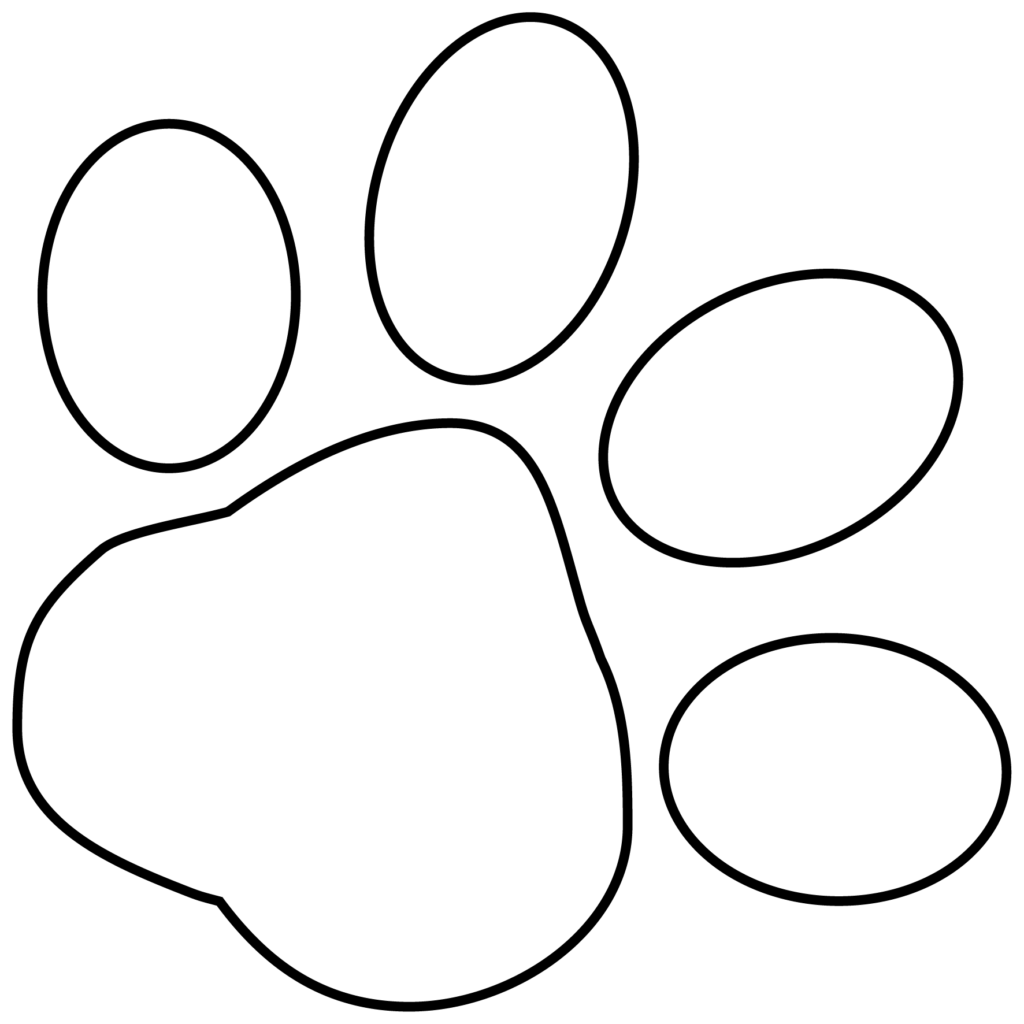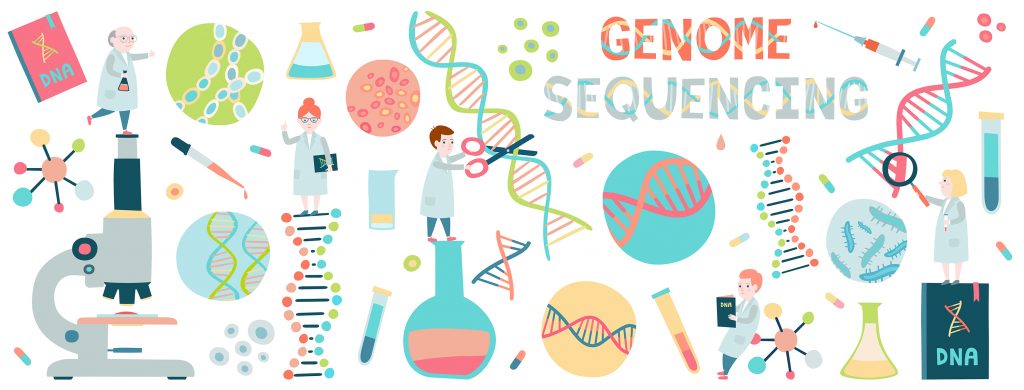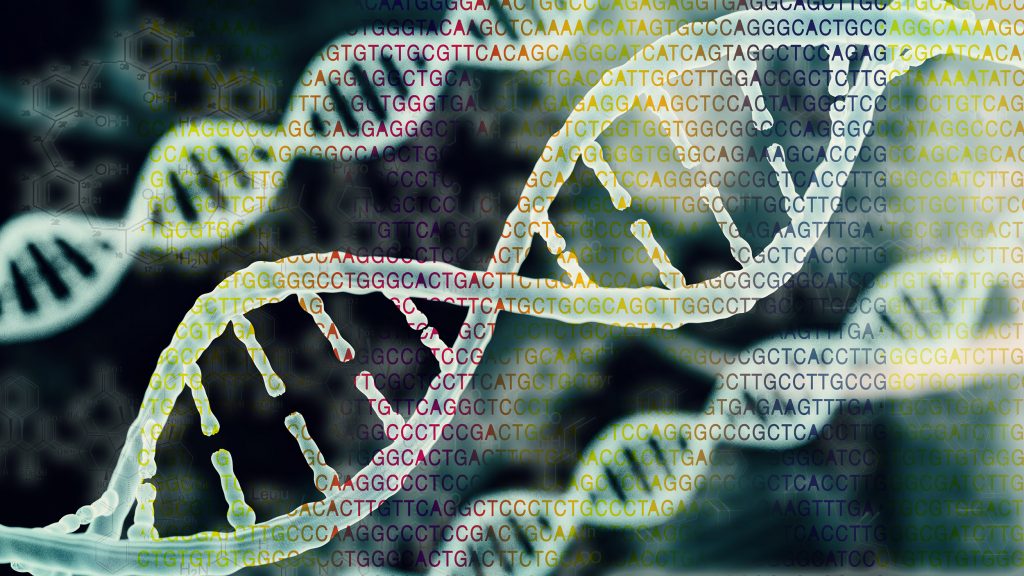
Comparative Genomes Genetics Similarities & Differences


Comparative Genomes Objectives
-
Describe what a mutation is, how it occurs, and the possible impacts.
-
Provide examples of mutations in animals species.
-
Compare and contrast the genomes of a variety of animal species, including how all organisms utilize the same genetic code.

Mutations are changes in DNA, and these mutations can be large chromosomal mutations where large amounts of DNA are impacted, or small changes to the DNA molecule.
This video explains what mutation are, how they happen, and how they can lead to the creation of new alleles.
Mutations that arise in species are sometimes sought after and augmented through artificial selection. These goldfish breeds have been bred for over a century. The mutations are so extreme, it is unlikely these animals would have survived for generations in the wild.
Comparative Genomes

We usually talk about genomes at the species level: the genetic information individuals in a species share in common. Genomes of different species can be compared and contrasted.
This video introduces genomes, including how the human genome compares to other species.

When discussing genomes, these are the most commonly used terms:
Genome Sequencing: this is determining the sequence of bases (A-C-G-T) in chromosomes that is commonly shared by members of a species.
Genome Mapping: this is locating the important functional areas, typically genes, within a chromosome.
We will have more on the processes of genome sequencing and mapping in upcoming sections.
Portfolio Update
We have had a number of people ask about whether they can turn the animal biology portfolio in before the due date (Wednesday of finals week, 11:59 p.m. P.S.T.). This video addresses that question and provides another quick run through the basic portfolio structure and requirements.
This video and the rest of the portfolio videos can be found on the animal biology portfolio page.
All of your course work (media pieces & quiz answers) can fit within the nine course outcomes. Select your favorite/best coursework to include in the final portfolio.
The next section ties genes and proteins to integumentary structures shared by many animals: skin, hair, feathers, and nails.

Check your knowledge. Can you:
-
describe what a mutation is, how it occurs, and the possible impacts?
-
provide examples of mutations in animals species?
-
compare and contrast the genomes of a variety of animal species, including how all organisms utilize the same genetic code?



